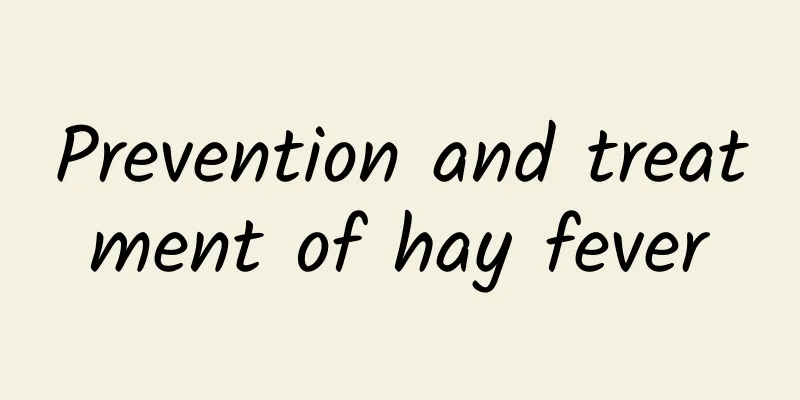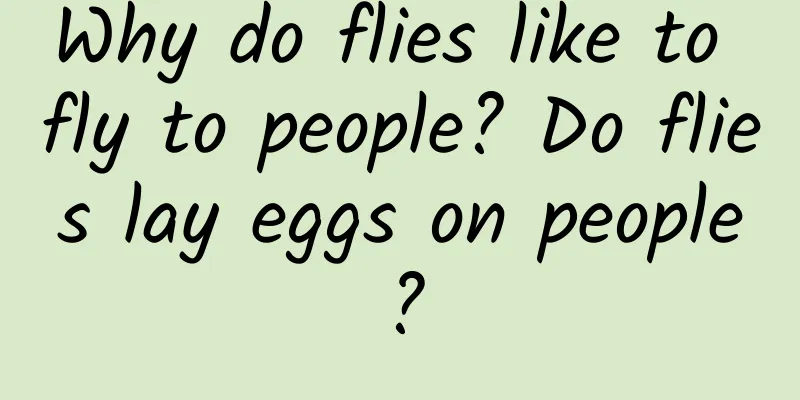Prevention and treatment of hay fever

|
Before we know it, spring has quietly arrived. However, as everything comes back to life and the weather gets warmer and colder, the spring pollen season also begins. While you are enjoying the bright spring sunshine, many of you are troubled by pollen, with runny noses and tears flying around. It is unbearable. Common allergens in the north include flowers of poplar, pine, willow, cypress, wormwood, ragweed and various seeds, etc. Wind-borne pollen is the main allergen, with high pollen content and light weight, and can be blown to far places by the wind. Prevention and treatment of hay fever Allergen avoidance When engaging in outdoor activities during seasons with high pollen concentrations in the air, it is best to avoid the peak period of allergenic pollen dispersion to reduce the onset of symptoms. In an environment where they are naturally exposed to pollen, patients can use special masks (double-layer masks/N95 masks), glasses, nasal filters, etc. to reduce the contact of allergenic pollen inhaled into the nasal cavity and mucous membranes, thereby alleviating symptoms. Standardized drug treatment Also known as symptomatic treatment, it can quickly relieve allergic symptoms. According to the onset of allergic rhinitis and the characteristics of allergens in patients, we need to use drugs regularly, including nasal irrigation, glucocorticoid nasal spray (such as mometasone furoate, budesonide, fluticasone propionate, fluticasone furoate, triamcinolone acetonide, etc.), oral (such as loratadine, cetirizine, ebastine, fexofenadine hydrochloride, etc.) or nasal spray (such as azelastine hydrochloride, levocabastine hydrochloride, etc.) antihistamines, oral leukotriene receptor antagonists (montelukast sodium). These drugs will not cause dependence. Expert introduction Liang Ying As associate chief physician, he is good at identifying and analyzing long-term chronic food allergies and skin allergies, and improving symptoms through lifestyle and nutritional adjustments combined with drug treatment. Clinic time: Allergy clinic every Tuesday afternoon Zhao Liheng Associate chief physician, specializes in the diagnosis and treatment of allergic rhinitis (including spring and autumn hay fever and perennial allergic rhinitis), chronic rhinitis, acute and chronic sinusitis, and common ear, nose and throat diseases. Clinic hours: ENT clinic all day every Thursday Zhang Rui Chief physician, specializes in the diagnosis and treatment of allergic rhinitis (including spring and autumn hay fever and perennial allergic rhinitis), chronic rhinitis, acute and chronic sinusitis, and common ear, nose and throat diseases. Clinic hours: ENT clinic all day every Monday, Tuesday, Wednesday and Friday |
<<: How to relieve cramps in different parts of the body?
>>: Do you have these confusions about glaucoma? | World Glaucoma Week
Recommend
X-ray revealed pregnancy
Pregnant women should avoid eating foods with hig...
What are the items of pre-pregnancy gynecological examination?
There are many women who are planning to have chi...
Who invented the first printer and when?
A printer is one of the output devices of a compu...
Causes of Urine Leakage in Women
There are many reasons for female urinary inconti...
What should I eat when my menstrual flow is light? 7 recipes recommended by nutrition experts
When the menstrual flow is too little, it means t...
How to treat yellow leucorrhea
Many women find that their leucorrhea turns yello...
Acne Fighting Manual: Scientific Analysis of Acne Causes and Countermeasures
Author: Dr. Guo Xinwei, attending physician at Be...
Here’s what you should know about liver cancer!
In 2021, the famous actor "Uncle Tat" W...
How to recover after caesarean section
Many women will find that their bodies have compl...
How to treat ruptured ovarian follicle bleeding
Many women suffer from infertility due to their o...
How to maintain vaginal hygiene
The vagina is a very important body structure for...
What are the taboos for eating boiled fish? What is the production process of boiled fish fillet?
Grass carp is rich in unsaturated fatty acids, wh...
Can I eat watermelon half a month after abortion?
Due to the relationship between current food and ...
Introduction to the swelling of the first few months of pregnancy
Pregnancy is a big deal. For women, pregnancy mea...
Why is there a blood clot in the uterus?
There are many gynecological diseases among women...









